400% fuel price hike in Sudan
On Tuesday, the Sudanese government announced the start of implementing new fuel prices, with an increase of more than 400 per cent over the previous price. Effective at 18:00 on Tuesday, a litre of service diesel will cost SDG46*, while the price of a litre of commercial diesel will become SDG106. Petrol will cost SDG120 a litre.

On Tuesday, the Sudanese government announced the start of implementing new fuel prices, with an increase of more than 400 per cent over the previous price. Effective at 18:00 on Tuesday, a litre of service diesel will cost SDG46*, while the price of a litre of commercial diesel will become SDG106. Petrol will cost SDG120 a litre.
Minister of Energy and Mining Kheiry Abdelrahman said in a press conference in Khartoum that he considers the new prices as one of the steps in the economic treatment methods, and said that the consequences are in the interest of the country and the elimination of suffering of the people.
The minister said that the government’s economic policies are based on “the principle of fair competition that is beneficial to everyone, which stops Sudanese fuel being smuggled to neighbouring countries”. The new prices will also make it less attractive for racketeers and saboteurs from selling fuel, the minister asserts.
Price alignment
As reported by Radio Dabanga two weeks ago, Sudan’s authorities announced plans to align the domestic selling price of fuel with international price levels.
Energy and Mining Minister Kheiri Abdelrahman said in a statement that the fuel price will be calculated in the Sudanese Pound (SDG) equivalent of the rate in the parallel market.
The new fuel price depends on the value of the fuel globally, in addition to the logistical costs related to unloading, transportation, and distribution, the minister said.
He explained that, since August, the Ministry of Energy embarked on implementing the government’s decision to liberalise fuel.
Economic crisis
Economic analyst Kamal Karrar called for action to drop the Performance Monitoring Programme that was agreed upon between the government and the International Monetary Fund, explaining that “the programme will throw the people’s hopes into the trash and return Sudan to as it was before the revolution”.
Karrar said in a press conference on Tuesday that the Performance Monitoring Programme is based on privatisation, lifting the special rate defined for the customs dollar rate, lifting electricity and fuel subsidies, and adopting the parallel market currency rates.
He noted that the programme does not mention development, agriculture, or industry or the livelihood situation. “The programme focuses on how Sudan’s debts will be paid and the booming of capital.
Karrar holds those managing the economic file responsible for the current economic crisis and said that the current policy is the cause of the economic crises. He considers it a continuation of the policies of the former regime and a clear violation of the Declaration of Freedom and Change and the Constitutional Document and the hopes and aspirations of the people.
He called on “the revolutionary forces in the country” to actively reject the programme, which he described as biased towards certain classes and the military establishment.
Inflation
Sudan’s inflation rate for September recorded 212.29 per cent compared to 166.83 per cent in August, an increase of 45.46 per cent.
According to the monthly report issued by the Central Bureau of Statistics, this is due to high prices of food and drink commodities, such as bread, grains, milk, eggs, oils, fats, legumes, vegetables and sugar, and an increase in the transport and medical tariffs.
* USD 1 = SDG 55.1375 at the time of posting, according to the daily middle US Dollar rate quoted by the CBoS, however effective foreign exchange rates can vary widely on Sudan’s parallel market. The greenback sold for SDG230 on the parallel market in Khartoum two days ago.
Radio Dabanga’s editorial independence means that we can continue to provide factual updates about political developments to Sudanese and international actors, educate people about how to avoid outbreaks of infectious diseases, and provide a window to the world for those in all corners of Sudan. Support Radio Dabanga for as little as €2.50, the equivalent of a cup of coffee.









 and then
and then